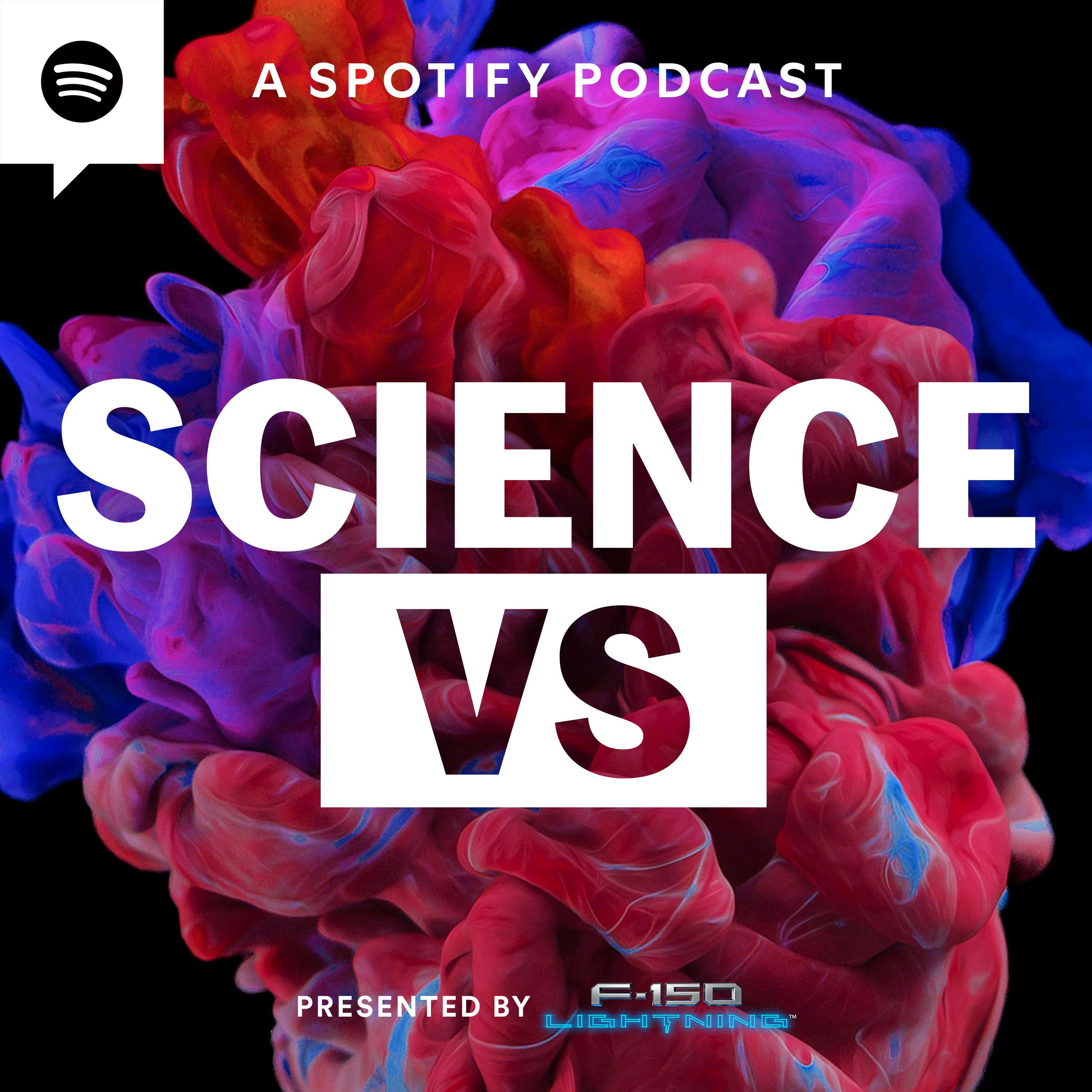
Deep Dive
- Aphantasia is the inability to create mental images.
- Individuals experience mental imagery with varying degrees of vividness.
- The nature of "seeing" in the mind is subjective and open to interpretation.
Shownotes Transcript
This week's episode comes to us from our friends at Radiolab! Close your eyes and imagine a red apple. What do you see? Turns out there’s a whole spectrum of answers to that question, and producer Sindhu Gnanasambandan is on one far end. In this episode, she explores what it means to see — and not see — in your mind.
This episode was reported and produced by Sindhu Gnanasambandan with help from Annie McEwen. Original music and sound design contributed by Dylan Keefe. Mixing help from Jeremy Bloom and Arianne Wack. Mixing for Science Vs by Sam Bair. Fact-checking by Natalie Middleton. Edited by Pat Walters.
Special thanks to Kim Nederveen Pieterse, Nathan Peereboom, Lizzie Peabody, Kristin Lin, Jo Eidman, Mark Nakhla, Andrew Leland, Brian Radcliffe, Adam Zeman, John Green, Craig Venter, Dustin Grinnell, and Soraya Shockley.
Science Vs is a Spotify Studios Original. Listen for free on Spotify or wherever you get your podcasts. Follow us and tap the bell for episode notifications.
Learn more about your ad choices. Visit podcastchoices.com/adchoices)